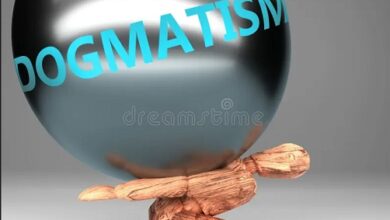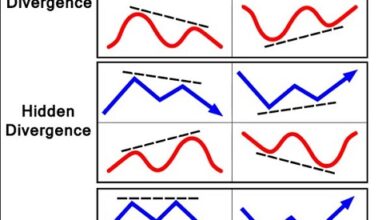Definitions
Definitions
These are the explanations or descriptions that clarify the meaning of a word, term, concept, or idea. They are used to provide a common understanding and language among people, especially in fields such as science, medicine, law, and technology. The Englopedia team will try to provide the definitions which will cover the whole sphere of knowledge.
A definition may be formal or informal, and may vary depending on the context and the intended audience. Formal definitions often use precise and technical language to provide a clear and unambiguous explanation of a term. Informal definitions, on the other hand, may use simpler language and examples to help the reader understand the meaning of a term.
Definitions can be found in various sources, including dictionaries, encyclopedias, textbooks, research papers, and websites. They are important in fields such as education, communication, and research, as they help people to understand and use language effectively and accurately.
The Definitions of Englopedia are important for several reasons, including:
Providing clarity: Help to clarify the meaning of a word or concept, ensuring that people understand the same thing when they use a particular term. This is particularly important in technical fields, where precise language and understanding are critical.
Establishing a common language: By defining terms, we can establish a common language that facilitates communication and understanding across different people, cultures, and languages.
Enhancing accuracy: Clear definitions help to eliminate ambiguity and promote accuracy in communication, research, and analysis. This is especially important in scientific and academic fields, where precision is essential.
Facilitating learning: Definitions are essential for learning and education, as they provide a foundation for understanding and applying new concepts and ideas.
Supporting decision-making: Clear definitions can help to inform decision-making by providing a clear understanding of the meaning and implications of different options.
Ensuring consistency: Definitions help to ensure consistency in the use of language, which can be important for legal or regulatory purposes.
-

What is Dogmatism Philosophical Dogmatism and Skepticism
Dogmatism Dogmatism is, above all, a posture, but it can also be a doctrine (or a set of doctrines). The dogmatic stance defends that there…
Read More » -

What is Neurodegenerative Diseases Types and prevention
Neurodegenerative Diseases The generic term “neurodegenerative diseases” refers to a broad group of brain diseases with highly diverse neuropathological and clinical manifestations. These can…
Read More » -

What is living donor types and Benefits of a Living Donor Transplant
Living donor A living donor refers to a healthy person who may be a blood relative of the recipient who…
Read More » -

What is DJ and 10 Requirements to become a DJ
What is DJ A DJ is an acronym in English that means disc jockey , or in Portuguese, disc jockey . The most common is to use…
Read More » -

What is Currency History evolution and national currencies
Currency Currency is a means of exchanging goods and services. In short, it is money, in the form of paper or…
Read More » -

What is Division of Labor Origin Characteristics and Karl Marx
Division of Labor The division of labor is an economic concept that refers to the division of the different tasks that are part…
Read More » -

What is Divinity Etymology Concept in Christianity
Divinity Divinity is understood as the quality or condition of the divine. Existence, nature and divine inherence of the supreme being of God…
Read More » -

What is Cultural Diversity Importance Types and examples
Cultural Diversity Cultural diversity are the various aspects that particularly represent different cultures , such as language, traditions, cuisine, religion, customs, family organization…
Read More » -

What is Divergence vs Investment and Confirmation and Types
Divergence A divergence is when the price of a currency pair moves in one direction and a technical indicator, usually an oscillator,…
Read More » -

What is Dictatorship origin Features Democracy and Dictatorship
Dictatorship Dictatorship is a governmental regime in which all the powers of the State are concentrated in an individual , a group or a party . The…
Read More »